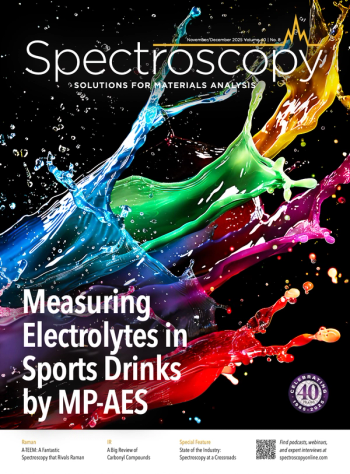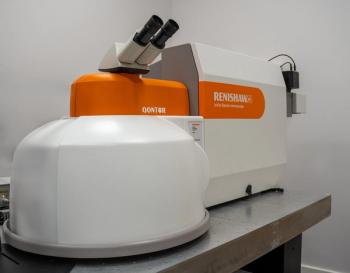
Pittsburgh Conference Memorial National College Grant Awardees 2013
The Pittsburgh Conference on Analytical Chemistry and Applied Spectroscopy has announced the awardees of the 2013 Pittsburgh Conference Memorial National College Grant.
The Pittsburgh Conference on Analytical Chemistry and Applied Spectroscopy has announced the awardees of the 2013 Pittsburgh Conference Memorial National College Grant (PCMNCG). The PCMNCG has awarded 200 grants to over 220 institutions since 1974.
Awards are given to science departments with less than 5,000 full-time students to purchase equipment for teaching science at undergraduate level. A committee formed of members of the societies that sponsor Pittcon – Society for Analytical Chemists of Pittsburgh (SACP) and the Spectroscopy Society of Pittsburgh (SSP) –considered around 49 applications. The maximum funding available for each grant this year was $10,000.
The awardees were as follows: Cazenovia College (New York, USA); College of St. Scholastica (Minnesota, USA); Drake University (Iowa, USA); Landmark College (Vermont, USA); Newman University (Kansas, USA); Niagara University (New York, USA); Saint Vincent College (Pennsylvania, USA); St. Mary's College of Maryland (Maryland, USA); St. Mary's University of Minnesota (Minnesota, USA); Waynesburg University (Pennsylvania, USA); Whitworth University (Washington, USA); and Ursinus College (Pennsylvania, USA).
Proposals for the 2014 PCMNGC programme are now being accepted. Please visit:
Newsletter
Get essential updates on the latest spectroscopy technologies, regulatory standards, and best practices—subscribe today to Spectroscopy.



